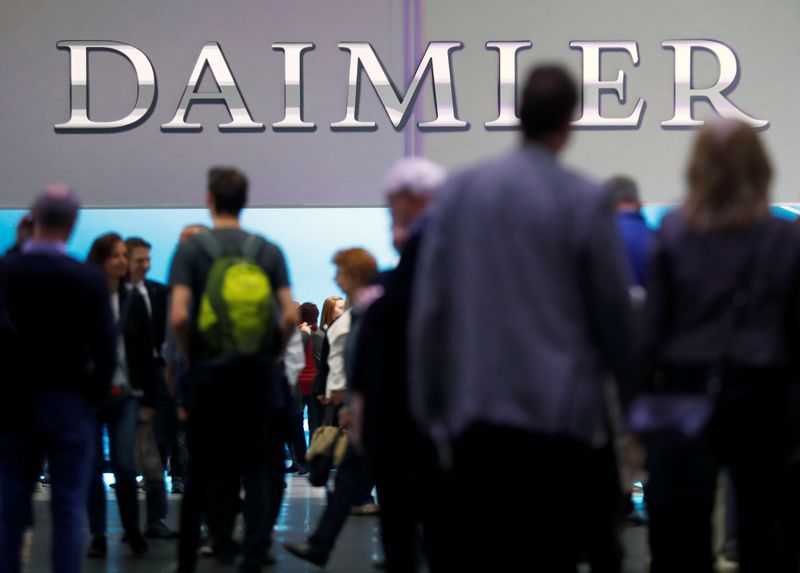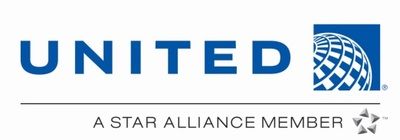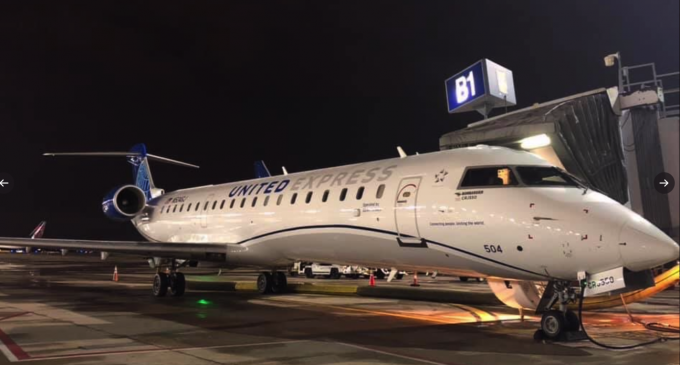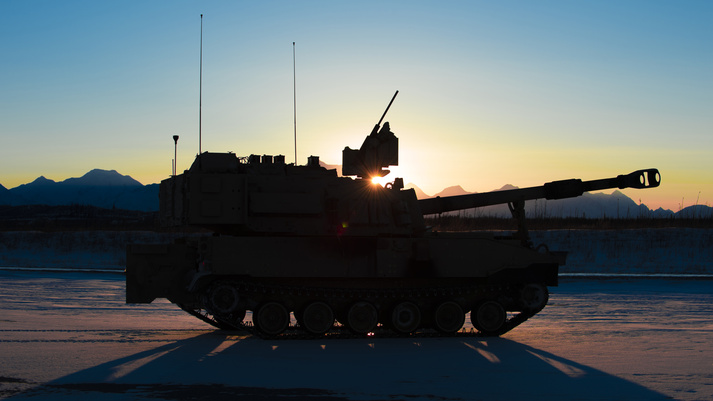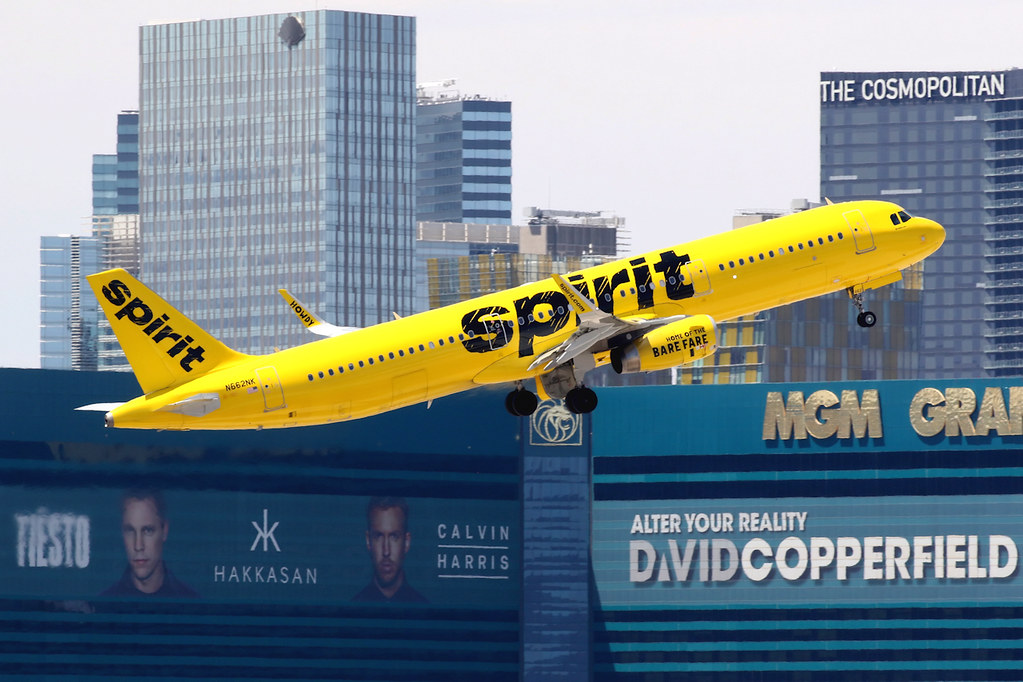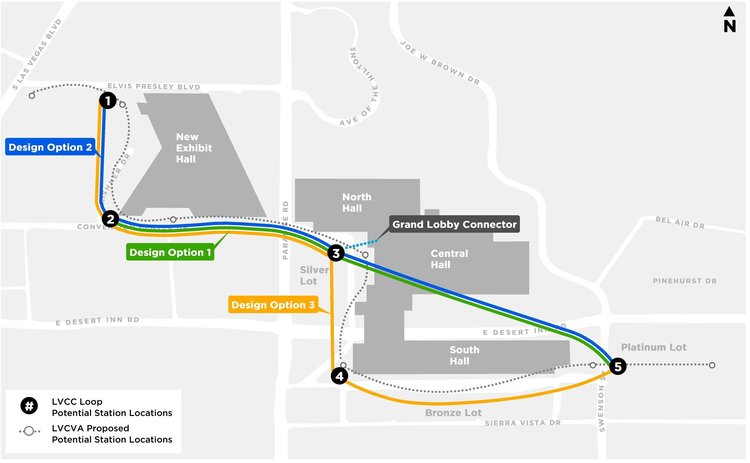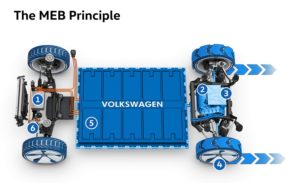FRANKFURT (Reuters) – Daimler said on Friday it will cut at least 10,000 jobs worldwide over the next three years, following others in the industry as they cut costs to invest in electric vehicles while grappling with weakening sales.
It marks the third announcement on cost cuts this week by a major German car company as automakers seek to fund huge investments into cleaner and self-driving technologies while demand in China, their biggest market, is falling and a trade war between Washington and Beijing is curbing economic growth.
“The automotive industry is in the middle of the biggest transformation in its history,” Daimler said in a statement.
Daimler, the owner of Mercedes-Benz, revealed the 3% cut in its workforce after reaching an agreement on its plans with labor unions.
They have agreed on a variety of measures to cut costs and jobs, including expanding part-time retirement and a severance program to be offered in Germany. The company is also cutting 10% of worldwide management positions.
Staff reductions would be in the low five-digits, or at least 10,000 people, according to Wilfried Porth, a board member in charge of human resources. The company employed 304,680 staff at the end of the third quarter.
Plans laid out by Daimler in November showed the company aimed to cut staff costs by around 1.4 billion euros ($1.54 billion) by the end of 2022.
The announcement comes days after Volkswagen’s <VOWG_p.DE> luxury car unit Audi said it would cut up to 9,500 jobs or one in ten staff by 2025, freeing up billions of euros to fund its shift toward electric vehicle production.
Also this week, BMW said that its management and labor had reached an agreement on measures to reduce bonus and other pay schemes for staff to cut costs.
Car suppliers Continental and Osram have also announced staff and cost cuts.
Daimler has repeatedly cut its profit outlook over recent months, partly to cover a regulatory crackdown on diesel emissions but also because of a slowing auto market.
Group operating profit will be “significantly lower” than a year ago, the company said last month.
Other measures to reduce staffing costs include offering shorter working weeks.
Agreements in place to prevent forced redundancies in Germany until 2029 will remain in place, Daimler said.
The workforce needs a clear strategy for the future, said Michael Brecht, chairman of Daimler’s works council. “A reduction in capacity must not be carried out on the backs of the employees,” he said.
(Editing by Elaine Hardcastle)
